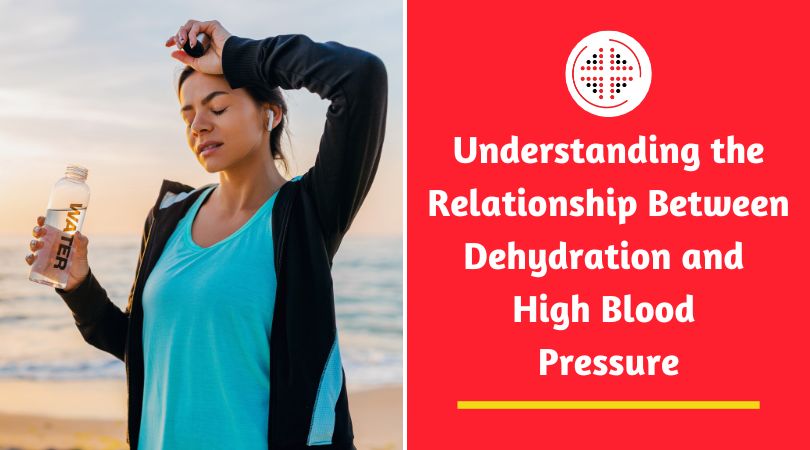


As we go about our days, it's easy to forget the importance of consuming enough water. Having too little water intake can result in dehydration. Dehydration happens when the body does not have sufficient fluid volumes. According to experts, on average, the human body requires 2-3 liters of fluid daily, although this varies from person to person. Dehydration can result when there is scarcity or the loss of fluids.
Despite being an easily treatable condition, if left untreated, dehydration can cause many significant medical issues to arise, which include but are not limited to kidney stones, urinary infections, constipation, nausea, and abnormal electrolyte balance and varying shifts in blood pressure. Especially important when being more active or excess heat is present such as during the summertime, medical experts frequently recommend patients with high blood pressure monitor their fluid levels as fluctuations can give rise to severe complications such as stroke and heart attacks.
This blog will address how dehydration can cause high blood pressure and preventive measures.
High blood pressure is systolic blood pressure above 130mmHg, more than the normal blood pressure rate of 120/80mmHg. Studies indicate that dehydration can cause an increase in blood pressure. When a person is dehydrated, the blood starts to gain sodium concentration, and in response, the brain sends signals to release vasopressin. Vasopressin is critical for blood pressure regulation, sodium regulation, kidney functioning, and other important functioning. Vasopressin sends hydration signals to the kidneys, and when released in high enough concentrations, it causes vasoconstriction, which leads to high blood pressure. Therefore, it is advisable for individuals diagnosed with high blood pressure to maintain ideal hydration levels to avoid spikes in blood pressure.
The answer to the question can be understood in a few points–
The sodium levels present in the blood start to increase when the body goes through dehydration. The system responds to dehydration by releasing hormones called vasopressin, which works to help the body to consume water. Vasopressin can also cause blood vessels to tighten or constrict, increasing blood pressure.
The answer to the question lies in the long-term effect of dehydration. Frequent dehydration can lead to obesity, diabetes, dementia, kidney diseases, and bowel disease. Besides, it can also lead to high blood pressure. According to studies, there are two categories of high blood pressure; stages 1 and 2. Stage 1 is when blood pressure ranges between 130/80 mmHg, a healthy stage, whereas stage 2 is when blood pressure is above normal, i.e., 140/90 mm Hg or higher. Frequent dehydration due to scarcity of fluid intake leads to changes in blood pressure regulation.
The right time to seek medical attention is when an individual starts to experience—
Regular fluid intake is the ideal response to dehydration. Generally, daily consumption of 3.7 liters of fluid for men and 2.7 liters for women is recommended. But fluid intake depends on the weather condition, geography, physical activity, and other factors.
Dehydration is common. However, it can lead to high blood pressure if left untreated. Primary care can play a crucial role in managing patients with a history of Phencyclidine (PCP) use, even if no immediate changes are visible in urgent care. Primary care providers can assess the patient's medical history, perform a physical examination, and order further testing to evaluate any potential long-term effects of PCP use.
Therefore, for individuals with hypertension, it is beneficial to take proper medical care. MI Express Primary Care in Ann Arbor and Canton, MI, is a recognized provider of medical care for high blood pressure. The facility provides complete help that fulfills your health needs. Schedule an appointment or call us today for a consultation.